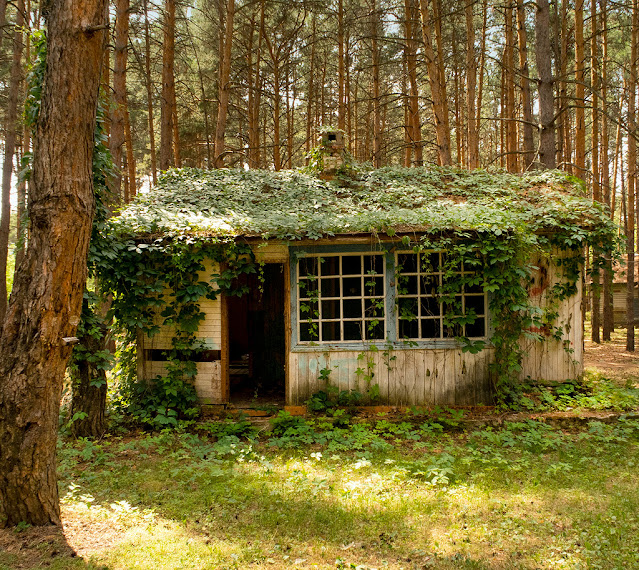The Rats in Our Walls
It began as a blog post. I was just going to write here some quick thoughts about H.P. Lovecraft's 1924 story "The Rats in the Walls" and how the narrator made me think about people who've lost their brains to QAnon conspiracies.
Then I couldn't help thinking about the concept of degeneracy, and of eugenics, and of Madison Grant, a name once famous and now forgotten, literally erased from the archives. I returned to a book I had read a decade or more ago, Jonathan Spiro's excellent Defending the Master Race: Conservation, Eugenics, and the Legacy of Madison Grant, a book that explains so much about the United States, popular ideas of science, the troubled history of environmentalism, and, in its own way, people like H.P. Lovecraft.
And then I wondered if maybe we ought to see Lovecraft's narrators as deeply unreliable
rather than as visionaries. What if Lovecraft's fiction is a testimony
to yearning as much as to horror, and what if the yearning is about the impurity of history and deep, conflicted feelings about the self?
And then I got to thinking about what we want from horror stories, how horror and history are so often about each other, and how the self is horror.
And then I got to wondering why I hadn't found — and couldn't find — anybody writing a serious comparison of H.P. Lovecraft and William Faulkner.
And then I remembered some stuff from Donna Haraway's Staying with the Trouble: Making Kin in the Chthuluscene. And I happened to be reading Maud Newton's Ancestor Trouble.
Suddenly I was not writing a blog post, I was writing a long essay.
Here, then, for anyone interested in any of the above, is "The Rats in Our Walls: An Essay".
